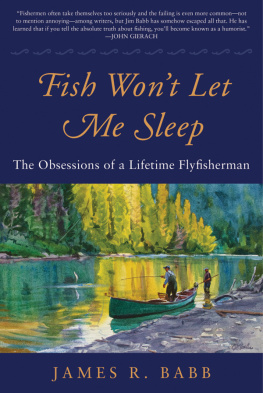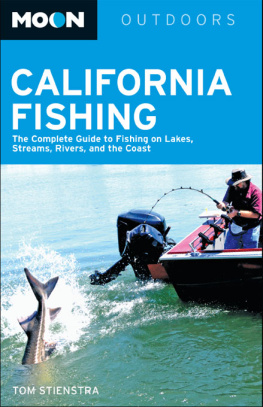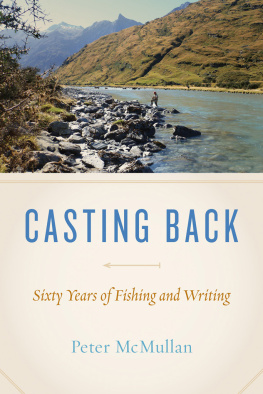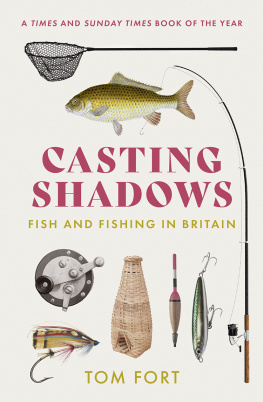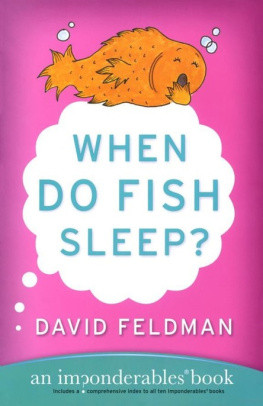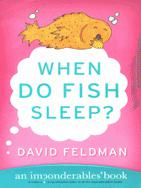Copyright 2016 by James R. Babb
All rights reserved. No part of this book may be reproduced in any manner without the express written consent of the publisher, except in the case of brief excerpts in critical reviews or articles. All inquiries should be addressed to Skyhorse Publishing, 307 West 36th Street, 11th Floor, New York, NY 10018.
Skyhorse Publishing books may be purchased in bulk at special discounts for sales promotion, corporate gifts, fund-raising, or educational purposes. Special editions can also be created to specifications. For details, contact the Special Sales Department, Skyhorse Publishing, 307 West 36th Street, 11th Floor, New York, NY 10018 or .
Skyhorse and Skyhorse Publishing are registered trademarks of Skyhorse Publishing, Inc., a Delaware corporation.
Visit our website at www.skyhorsepublishing.com.
10 9 8 7 6 5 4 3 2 1
Library of Congress Cataloging-in-Publication Data is available on file.
Cover design by Tom Lau
Cover illustration by C. D. Clarke
Print ISBN: 978-1-5107-0981-2
Ebook ISBN: 978-1-5107-0982-9
Printed in the United States of America
Contents
PART ONE
Blue Horizons
Sleeping we imagine what awake we wish;
Dogs dream of bones and fishermen of fish .
Theocritus
1. Roamin the Gloamin
I T BEGAN SIX AND A HALF MONTHS INTO THE new century.
The world hadnt ended when the calendar rang up three zeroes, to the relief of many and the disappointment of a few. Gasoline cost $1.26. The stock market was expanding like a jaw full of Bazooka and so was the quiet sport of fly-fishing, the former driven by a new fad called the Internet and the latter by Brad Pitts wounded eyes and soulful fly-casting in the 1992 movie A River Runs Through It .
I had been a fly fisherman since the age of five and a fly-fishing writer for the past five years. My name was on the masthead of a prestigious American hunting and fishing magazine, Id written a few features for an even more prestigious British sporting magazine, my first book of fly-fishing essays had been kindly reviewed in both the US and the UK, and my second book was under contract and due at the publisher in December.
A few days before Id celebrated my fifty-first birthday at a bankside party on the River Avon in Wiltshire, a scene torn from a Constable painting of a Trollope novel complete with a stone bridge, a silver braided trout stream, and the misty spires of Salisbury Cathedral. Late the next evening Id cast dry flies with new friends for wild brown trout on Sydling Brook in the flinty ancient hills of Dorsetshire, and early the next morning I boarded a train bound for Edinburgh and Inverness, a rendezvous with another friend and a rented Vauxhall Astra. A day later I found myself staring at the ceiling of a five-hundred-year-old Scottish hotel surrounded by burns and rivers and lochs where in the morning I would cast flies to wild, never-knew-a-hatchery brown trout. And for the first time ever, I couldnt sleep.
Maybe it was excitement; maybe it was worry. Maybe all those doom-and-gloom prophets really knew what they were ranting about: that the globe is warming due to our relentless industrialization, that the wild is disappearing due to our relentless proliferation, that the fish are under threat from ocean acidification, from headwater deforestation, the fish without which a fisherman cannot plausibly fish and thus cannot comfortably exist.
Maybe it was performance anxiety. Would I suck at fishing Scottish burns and lochs as badly as I sucked at fishing wild English chalk streams? Id spent my whole life fly-fishing, yet it had been until recently a parochial experience confined to the bouncing freestone streams of my native East Tennessee mountains or the cold hard waters of Maine, where Id set down roots at the impressionable age of twenty-three. Now I was fifty-one and newly established in a promising career in a burgeoning industry. Maybe I felt that a hillbilly like me didnt belong in such sophisticated company, in such storied surroundings. Maybe I was horrified that my quiet little sport had begun to burgeon in uncomfortably mercantile ways. Or maybe it was just the unrelenting light that wrapped me in the hotels duvet like a burrito, my brain racing my pulse toward some unknown illumination.
Maybe it was that damned gloaming.
Gloaming?
Before that night I never understood its meaning. My dictionary says it comes from glom , twilight, and that its akin to glowan , to glow, and that it has been broadly adopted from Scots dialect to mean the dusk of approaching nightthose few brief moments between light and dark that romantically illuminate evenings worldwide.
My first encounter with true gloaming came in the extreme northwest of Scotland in the primordial gneiss and quartzite mountains of Sutherland, where gloaming describes that never-say-dark interlude between sunset and sunrisebetween, say, ten at night and three in the morning, when in June it never quite grows dark but only less light, and that light an eerie enveloping glow, as though all the world had been swallowed by a ghost. In Sutherland it could be called nothing else but gloaming, and gloaming could describe nothing else once seen in its native land.
We had shoved off into the gloaming after a late supper at the Scourie Hotelpainter C. D. Clarke and me and our new friend Fraser Campbell, a Highlander who, like us, was mad about wild trout because wild trout live only in beautiful places.
We had arrived at Scourie Hotel in late eveningC. D. from a few weeks of salmon fishing on the Spey and the Tweed; me from three weeks of trout fishing in Wales and Devon, Dorset, Hampshire, and Wiltshire; Fraser from a hard week assembling drilling rigs on the northeast coast of Scotland. After our ale and our taties and neaps and our haggis, that great chieftain o the Puddin-race so maligned by those who have never eaten the true article, we drove from the hotel through wandering lanes lined with shaggy black-faced sheep and long-horned cattle to nearby Loch Stack, where we had the 58.35-degrees-North version of a solstice sunset to see.
In the gloaming, the fierce geologic upheavals of Ben Stack and Ben Arkle and distant Foinaven glowed gray and amber and gnawed great hunks of cloud from the belly of the sky to feed the silver burns bouncing into Loch Stacks broad golden bowl. Trout rose, dimpling Arkles mirrored face. Red stags and hinds moving down from the hills lifted their heads and stared our way regarding us, as we did them, as interesting scenery.
The scenery itself was beyond interestingbog and heath and bare rock, more like Labrador than the storybook image of Scotland. Which isnt surprising, for if you could suspend physical laws and roll your eyeball straight down the parallel of latitude running through Scourie, a tiny coastal village some two and a half hours of enthusiastic motoring north-northwest of Inverness, you would find yourself looking not at my home in Midcoast Maine, which you might expect from the Gulf-Stream-moderated climate, but at the northern end of Labradors Torngat Mountains. This isnt surprising, either, because the two coastlines once were one, torn apart some million years ago when the continents themselves went roaming.
Sutherland looks like Labrador because it is Labrador only with paved roads, ruined castles, and seventeenth-century hotels with real ale and good food and steam heat and en-suite rooms, meaning you neednt share a lavatory with a constipated Glaswegian who shaves his back in the tub.

